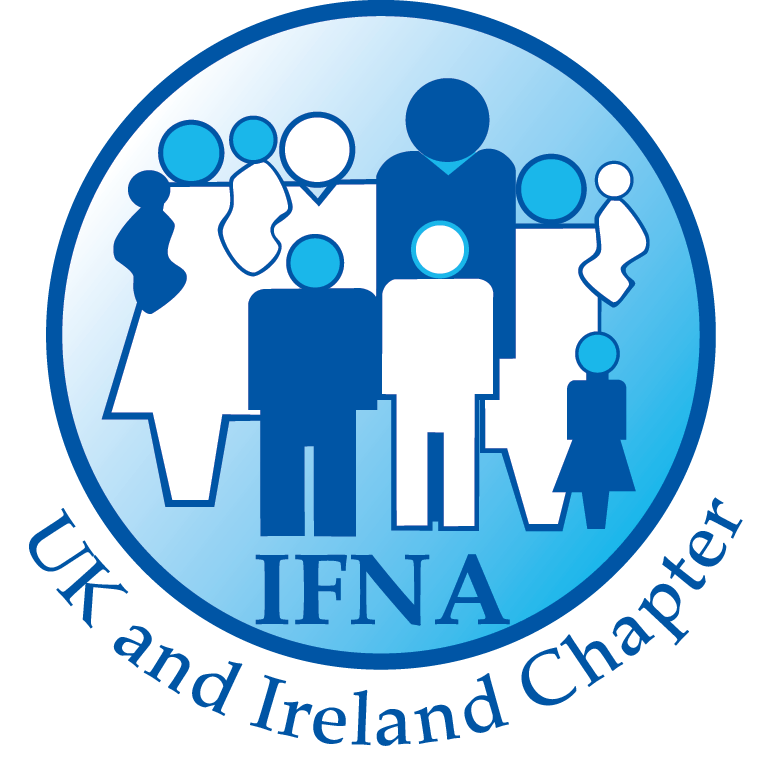The aim of the World Health Assembly (WHA) is to increase the global rate of exclusive breastfeeding to at least 50% by 2025. In 2018 a World health Assembly resolution endorsed World Breastfeeding Week (WBW) as an important promotion strategy. Each year WBW delivers a campaign to galvanise action related to breastfeeding.
Sadly, I continue to observe a belief in families and practitioners that breastmilk is not sufficient to sustain a baby for the first six months. This is often underpinned by policy which does not facilitate quality and safety in breastfeeding clinical practice. Practitioners are subsequently unable to place the mother and baby dyad at the heart of their practice.
This year’s themes focused on strengthening the capacity to protect, promote and support breastfeeding across the varying levels of society. With objectives to inform, anchor, engage and galvanise action to increase breastfeeding rates. WBW aims to:
- Inform people about their role in strengthening the warm chain of support for breastfeeding
- Anchor breastfeeding in the conscious of families and practitioners as an integral part of good nutrition, food security and reduction in inequalities
- Galvanise action on strengthening the capacity for practitioners to support families and to support transformational change to embed breastfeeding as a cultural norm
This translates to support for breastfeeding at a community level through the implementation of the revised UNICEF Baby Friendly Hospital standards (2018). This ensures policy, training, and culture are implemented and embedded to support the initiation and sustaining of breastfeeding. This requires implementation in full of the world Health organisation (WHO) International Code of Marketing of Breast- Milk Substitutes (1981).
Emma and Catherine first year MSc Midwifery students at Northumbria University reflected on this year’s WBW themes.
Emma identified the value of meeting women exactly where they are with the promotion of breastfeeding as a public health concern for all families. This highlights the importance of the whole community coming together with shared aims to implement the themes to protect, promote and support breastfeeding.
Catherine own experiences reinforced that breastfeeding was not just about feeding a baby but a skilled technique requiring support from a range of professionals. The importance of groups providing opportunity for mothers to reach out and share feeding experiences echoes the themes of WBW. Catherine reflected how as a parent this helped her realise; she was not alone in her own breastfeeding journey resulting in her training to support others as a peer supporter. During her training she was able to identify how varying communities’ attitudes to breastfeeding are influenced by religion, age, and family circumstances.
The experiences of Emma and Catherine highlights the importance of putting the mother and baby dyad at the heart of care that is delivered. With a collective approach to improving policy and service delivery the WHA aims of increasing the global rate of exclusive breastfeeding may be achievable.
Lynne McDonald is an Assistant Professor of Midwifery at Northumbria University, Newcastle upon Tyne, UK. Lynne has a background as a midwife specialising in Infant feeding. and is an International Board-Certified Lactation Consultant (I.B.C.L.C).
Emma Da Costa is a first year MSc midwifery student at Northumbria university. Emma has experience as a breastfeeding counsellor.
Catherine Page is a first Year MSc Midwifery student at Northumbria University. Catherine has experience as a breastfeeding peer supporter.
References
United Nations Children’s Fund & World Health Organization (2018). Protecting, promoting and supporting breastfeeding in facilities providing maternity and new-born services: The revised Baby‐Friendly Hospital Initiative. Geneva: UNICEF and WHO. [Google Scholar]
World Health Organization (1981). International Code of Marketing of Breast Milk Substitutes. Geneva: WHO. [PubMed] [Google Scholar]

